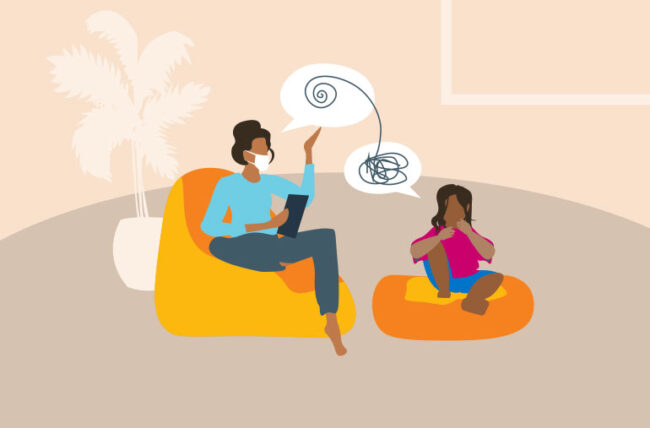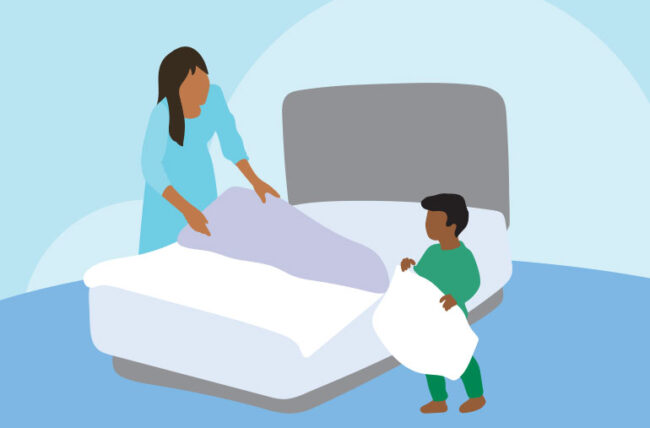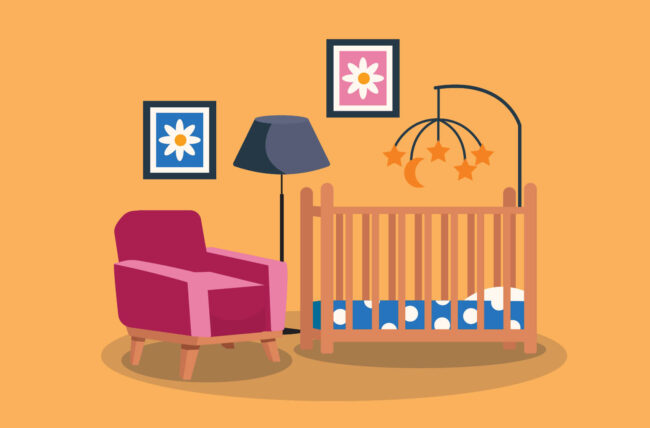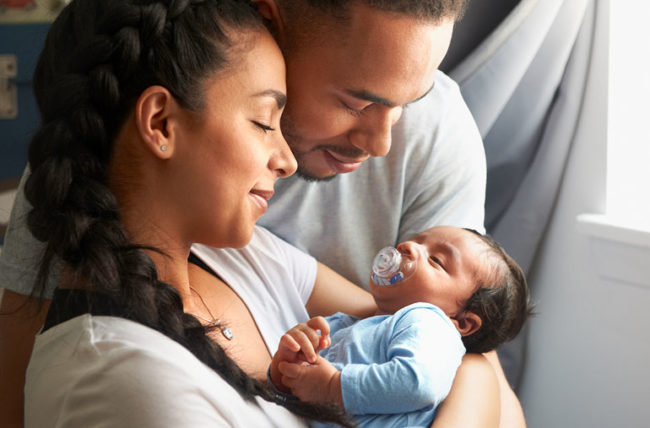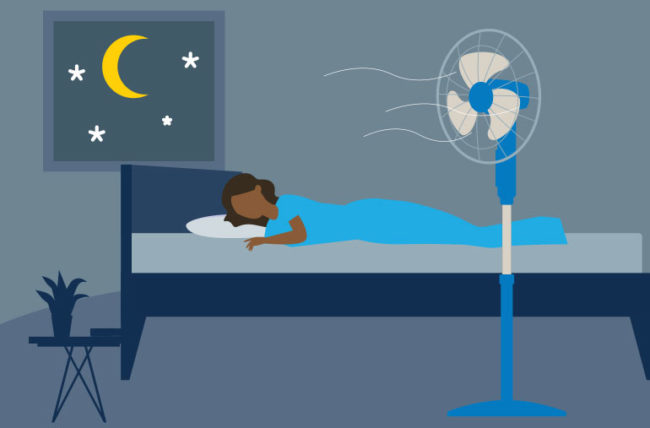Growing pains in childhood and adolescence are hard for your child, and can make parenting difficult. Some parents wonder if they should get help for their children.
Amy Lee, Ph.D., a pediatric psychologist says that every child is unique. A therapist can assist you in understanding what behaviors are healthy, and how to deal with new concerns. They can teach you strategies and tools to help your child. “Therapy is a reassuring experience for many parents and their children.”
Your child may need counseling
Mental health issues are prevalent in both children and teenagers. Before COVID-19 was released, a national survey revealed that 1 in 5 children suffered from a mental illness such as:
- Anxiety.
- Depression.
- Attention-deficit/hyperactivity disorder (ADHD).
Recent data shows that kids and teens face more anxiety and depression than ever before, and have difficulty dealing with the challenges of daily life.
Not every child who experiences periods of stress, anxiety or sadness requires therapy or mental health treatments. If your child is having a hard time, validate and understand their feelings. “Sometimes, they need to be understood.”
It’s important to seek help if a problem with coping persists and is negatively impacting your family and your child. It may seem that your child’s fears and anxieties are beyond what is typical for a child. These are some symptoms that your child might need to see a therapist:
- Sleeping patterns or appetite changes.
- Over-worrying about the future.
- Hopelessness.
- Poor self-esteem.
- Self-destructive speech or behavior
- Sudden withdrawal from social activity or peers.
Dr. Lee says that you know your child the best. If something is not right, you should have it checked. Talking to your child’s pediatrician, or their primary healthcare provider is a good way to begin. Primary healthcare providers today are prepared to offer suggestions and information about how to get the right help.
What kind of therapist is best for your child?
Child therapists are trained in the development of children and adolescents, as well issues that young people encounter in their daily lives. They are trained to recognize the stages that children typically go through, so they know when something is troubling or difficult.
Dr. Lee notes that children are not able to express their feelings and thoughts in words, but often they know a great deal about the things they find difficult or how they feel.
Child therapists may have specializations. You may want to find someone who has experience with:
- Age group such as infants, toddlers, or teenagers
- Areas for concern such as ADHD, Anxiety or Autism spectrum disorder.
- Types of therapy, including play therapy and applied behavior analysis.
Ask your child’s primary care provider for advice and select a therapist who has the appropriate experience. You can start with them and they can refer you to specialists if necessary.
Make sure that the therapist is qualified. The education level and license determine what services and medications a therapist is able to provide. Therapists can include:
- Mental Health Counselors provide individual and group counseling. The requirements for a license vary from state to state. However, they usually include a master’s degree, supervised post-graduate clinical hours, an exam, and completing a practical internship. Licensed clinical social workers and licensed professional counselors are two types mental health counselors.
- Psychologistsare licensed by the state to provide testing and diagnostic services, and to provide therapy for a variety of emotional and behavioral disorders.
- Psychiatrists, advanced practice psychiatric nurse are licensed to diagnose mental disorders and prescribe medications. They will often work with parents and children to reduce symptoms by using medication. Psychiatric professionals often work with other types therapists.
What type of therapy should my child receive?
A comprehensive evaluation is the first step in finding the best type of therapy. Your therapist will sit down with you and your children — both together and individually — to gain a full picture of the situation. This includes taking notes on any family history and discussing problems, as well as reviewing a treatment program.
“I work with parents and children to identify their concerns. Whether these concerns are related temperament, development, or life stressors and provide a plan for next steps,” Dr. Lee says.
During the evaluation, your child’s therapist will:
- Behaviors such as mood, diet, and sleep.
- Everyday life and routine
- Developmental history
- Families are a part of the environment.
- History of divorce and trauma.
- Psychological Functioning
- The history of school, including the challenges and achievements in school.
- Social skills and responses to different situations.
You’ll also be asked about your strategies, what works and what doesn’t.
The therapist will then establish a diagnosis based on all the information you have provided and work with you to create a plan. Next, you may want to set some goals and begin therapy. A child may need more detailed assessments or to be referred to a psychiatrist who can perform a medication assessment.
Children’s therapy: What types of treatment are available?
There are different types of therapy for children. Your child’s diagnosis and age will determine the type of therapy your child receives.
“I liken therapy to building a toolbox,” says Dr. Lee. You don’t have to use every tool all the time. By having them, however, you are prepared. We build resilience in therapy by filling in gaps in your toolbox.
The therapist may focus on:
- Develop social skills
- Confidence is a key to success.
- Develop emotion management skills.
- Improve your problem-solving abilities.
- As a family, function.
- Reduce anxiety and worry
Child therapists commonly use the following types of counseling:
Cognitive behavioral therapy (CBT).
Cognitive-behavioral therapy (CBT). is one type of talk therapy. It examines the relationship between thoughts, feelings and behaviors. CBT is used to treat anxiety, depression, and other emotional problems. CBT can be started by children as young as 9 or 10 years old.
CBT replaces negative thoughts with positive ones, which improves feelings and behaviors.
Dialectical behavior therapy (DBT).
Dialectical Behavioral Therapy (DBT), helps people develop strategies to better manage their emotions. It is a therapy that focuses on identifying triggers, and learning different ways to react in the moment. DBT is one of the most common therapies for teens.
Behavioral Therapy
Behavioral Therapy is a way for parents to manage their children’s behavior by reinforcing the positive and decreasing the negative. This may include the use of rewards or checklists.
Children can benefit from behavioral therapy by developing better routines and improving self-control. Children who have ADHD respond well to behavior therapy.
Play therapy
The therapists watch how young children play in order to understand their emotions. Play therapy can reveal a great deal about real-life difficulties and conflicts that children face. Even older children often use imaginary play to reflect what is happening in their lives. Play therapy is also used by therapists to help children learn new skills.
Applied Behavior Analysis (ABA)
Applied Behavior Analysis (ABA) is a therapy for children who have autism spectrum disorder. This involves reinforcing the appropriate responses of your child to make life easier and improve their behavior.
You may wish to find a therapist with ABA training if your child suffers from autism spectrum disorder.
Occupational Therapy (OT)
Occupational therapy helps children develop specific skills such as dressing, writing, and playing. Children with sensory sensitivities can also benefit from occupational therapy.
Occupational therapists are the ones who provide OT. As part of a child’s treatment plan, mental health counselors will often refer them to OT.
What is the best counseling for my child: group, family, or individual?
Group, family or individual child therapy is available. The best treatment for your child will depend on the unique circumstances of each child.
Children’s group therapy
Children who are going through similar situations can meet in group therapy. Group therapy is often a way for older children and teenagers to feel validated and understand that they are not alone. Group sessions are a great way to practice new skills and improve existing ones.
Children with anxiety, depression or eating disorder can benefit from group therapy. While you wait to see a professional psychologist, group therapy may be an option.
Family Therapy
The focus of family therapy is to improve communication, reduce conflicts, and understand one another. This is a great way to examine the dynamics behind the child’s problems.
In family therapy, Dr. Lee explains that everyone can express their concerns and feelings. It’s a tailored approach for a set of specific goals, like getting everyone to agree to a new way forward. It is helpful to do this with multiple people simultaneously.”
Does child counseling include parent coaching?
Child therapy isn’t just for children. As part of the therapy, parents and caregivers have a job to do.
“I work closely with parents,” Dr. Lee says. Kids want to do what is right most of the time. Parents can teach them what the right thing to do is, and how to achieve it.
You may be coached by your child’s therapist to:
- What is normal and what is not? Learn about your child’s development stage.
- Consider things from a different perspective to better understand your child’s point of view.
- Learn how to respond differently to your child’s behavior.
Sometimes, it’s about seeing your child with a new perspective. “Changing your reaction to your child’s behavior can have profound effects,” Dr. Lee advises.
Child therapy
Children’s therapists work often directly with children. She says, “I always begin with the parents.” Once I have a good understanding of the concerns, and I feel that the parents trust me, I often meet with each child. I might want to see how the child acts when the parents are not around. I also need to know the child’s perspective.”
Find the best child therapist
To get help for your child, you must first determine if there is a problem.
“Pediatricians can be a great resource,” Dr. Lee says. They can rule out any medical condition that could be the cause of concern. They can provide reassurance or strategies, as well as a referral to mental health providers.
You can also consider:
- Employers Many employers help find mental health counseling. They can also be connected to community resources.
- Insurance Companies: The majority of insurance companies cover a panel of providers. Before starting therapy, ask if you require a referral.
- Schools: Check with your school counselor if your child is of school age. They can guide you and your child if you choose to seek child therapy.
Dr. Lee says that finding the best therapist comes down to comfort and fit. You should feel as though you are working together.
Do I need my own therapist or a professional?
It can be difficult for parents to help their child with a mental illness. Dr. Lee recommends that parents also get their own counsellor.
When parents are able to manage their own stress levels, they can better respond to their children.
It’s okay to ask for assistance and help your child before things worsen. If you are worried about your child’s safety or if you yourself are, 988 can be contacted 24/7 as mental crisis lifeline by anyone in need of mental health support.


